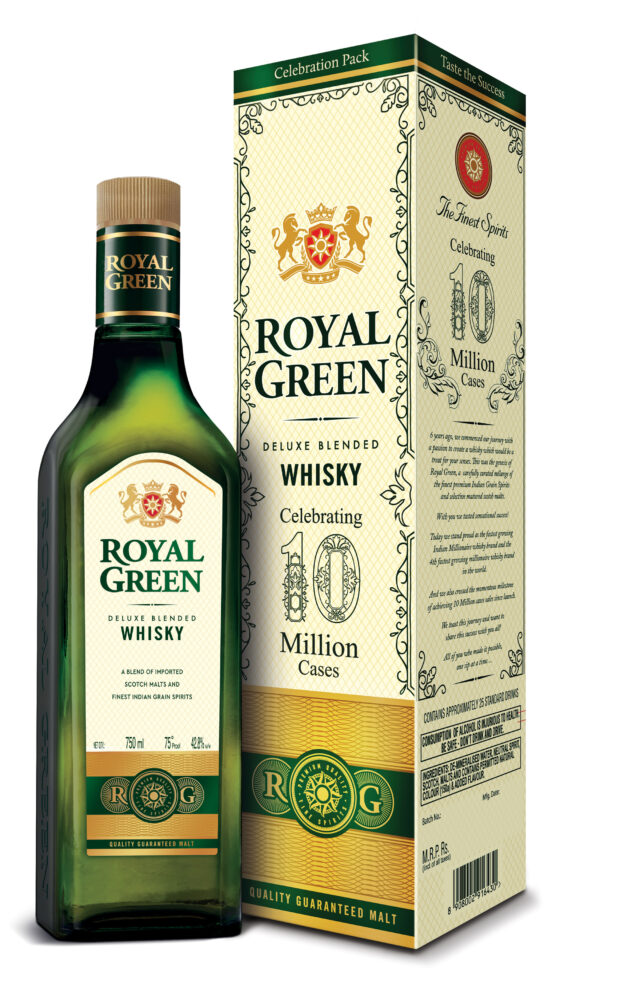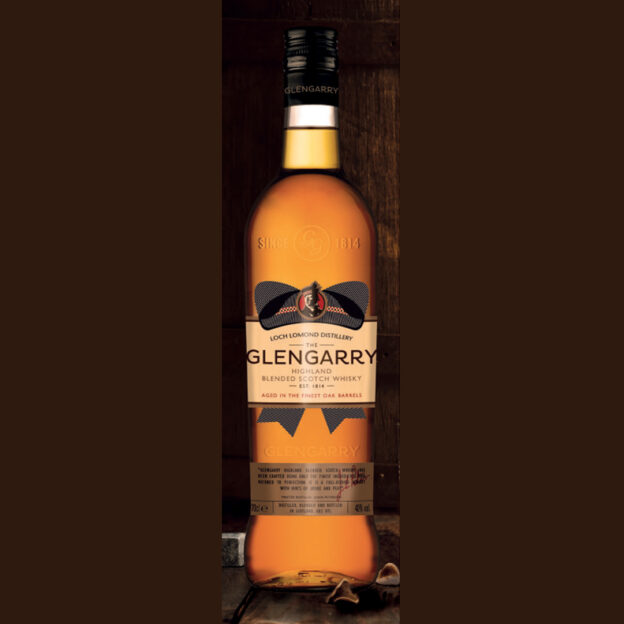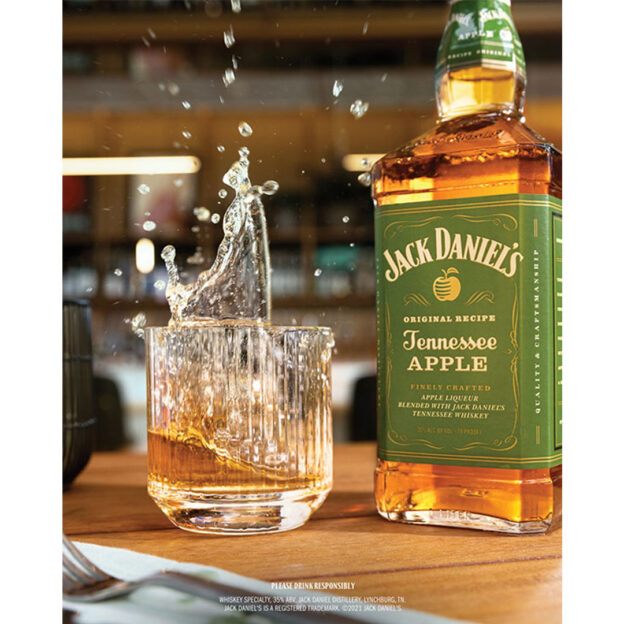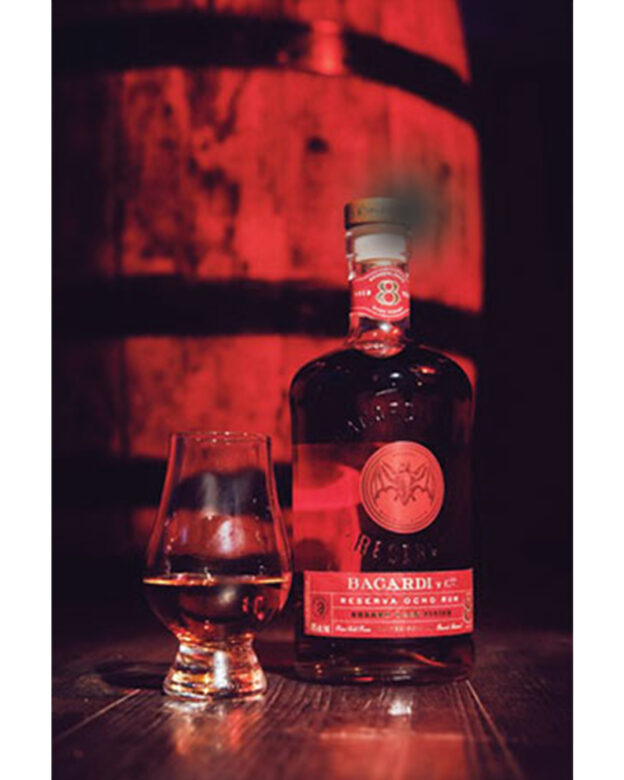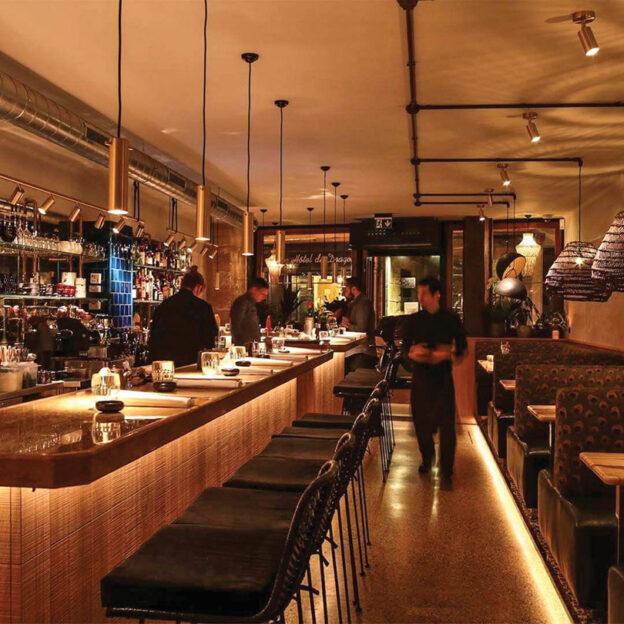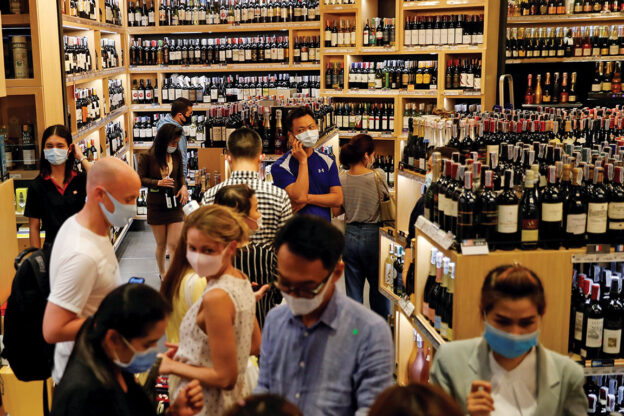The highly contagious and lethal nature of Covid-19 forced governments worldwide to rapidly implement measures to stem the spread of the virus. In pursuit of social-distancing objectives, closing large parts of economies, implementing work- and school-from-home restrictions, and even imposing personal stay-at-home quarantines quickly became the new normal. At the same time, governments were challenged to keep alive industries that they had locked down, buoy the economy and maintain employment for millions of people who might otherwise be forced into the already swollen ranks of the unemployed.
Achieving public health goals while avoiding the economic and social consequences clearly presented a paradox to policymakers rarely if ever witnessed before.
Within this mixed bag of emergency measures is the case of forced restrictions on the production, sale and consumption of alcoholic beverages, otherwise known as dry laws and collectively a modern version of prohibition.
Supply restrictions incentivise illicit markets and criminal activity
Sudden restrictions in access to legal alcohol create a downward shift in supply that causes increases in the demand for illicit substitutes and incentivises illicit suppliers to enter the market to meet that new demand. In the case of outright bans/dry laws, consumers are prevented from purchasing legal products and pent-up demand has no other option than to shift entirely to illegal markets.
This report provides evidence on both consequences. For example, customs and police officers in India reported a significant increase in consumers’ demand for illegal liquor and an uptick in seizures of illicit product. This trend repeated in Mexico, India, South Africa, Panama, Colombia, Namibia and Sri Lanka, all of which imposed prohibition measures on alcohol.
Furthermore, in South Africa the Institute for Security Studies reported an increase in criminal activity and that criminal networks active during the pandemic had added illicit alcohol to other illegal products they offer clandestine customers, such as narcotics. This trend was repeatedly observed in most places where dry laws were imposed, consequently, boosting criminal activity and shifting markets further into the control of illicit actors.
Beware of associated consumer health risks
Perhaps the most alarming consequence of alcohol prohibition measures was the exposure of consumers to health risks associated with toxic illicit alternatives. Beyond the fact that these illicit substitutes do not comply with sanitary, quality and safety regulations, the most hazardous are contaminated with toxic chemical additives.In the worst cases, people died from consuming illicit beverages as a substitute or as a perceived remedy to Covid-19.
In other cases, they were driven to engage in harmful behaviours, such as alcohol looting and panic buying, all of which undermine social distancing objectives and their exposure to the Covid-19 virus.
Therefore, the sombre lesson about prohibition and illicit alcohol is found in the collective harm, serious injury and reported death counts.
Prohibition reduces tax collections and constrains budgets
Taxes collected on alcohol at various points along the legitimate supply chain are traditionally an important source of revenue for many governments. Consequently, a fiscal priority is to stop the revenue leakages associated with the sale and consumption of untaxed illicit alcohol.
During the pandemic, tax and revenue authorities from India, South Africa, Colombia, Sri Lanka, Mexico, United States, and Kenya, for example, all reported significant drops in taxes collected on alcoholic beverages.
Consequently, the lesson learned from lockdown is that governments that implement draconian supply restrictions on the alcoholic beverage sector end up depriving their own treasuries of much-needed fiscal revenue. While it is difficult to imagine that Finance Ministers would be surprised by this result, perhaps this situation highlights the need for Finance Ministers and Health Ministers to improve coordination, consultation, and joint impact assessment of proposed laws.
This report also finds that in addition to the immediate drain on treasury revenues, negative impacts on future fiscal collections can be significant. The longer legal businesses are sidelined, the greater is the opportunity for illicit traders to capture market share and fortify demand for their untaxed, unregulated products. Under these circumstances, regaining revenue losses can take years, especially if there follows a period of economic depression and high unemployment.
In all cases, reduced tax revenue resulting from a government’s own alcohol prohibition laws puts extra burdens on its ability to pay for policing criminal activity, including cross-border smuggling activities, that underpins illicit trade. Mounting expenses in the face of declining revenues put considerable strain on government budgets at a time when fiscal stimulus is needed most.
Prohibition sidelines legitimate businesses and depresses formal job opportunities
Emergency restrictions on alcohol production and sales have had an outsized impact on legitimate industry, jeopardizing long-term employment and growth, while fuelling a parallel underground market that further harms the legal sector’s ability to rebound once restrictions are lifted.
While it is challenging to evaluate the full effect of prohibition laws on an industry that employs millions of people in primary and secondary sectors, any job losses – especially those lost via a government’s own alcohol bans – are particularly debilitating in countries where the overall unemployment rate is already high. Taking South Africa as an example where prohibition measures have had severe impacts, it is estimated that over 165,000 South African jobs were lost during the first alcohol ban.
A few words about the post-pandemic recovery
As governments move from crisis management to recovery planning, the findings from this report suggest that valuable lessons from alcohol prohibition can usefully shape the most constructive and inclusive ways to build back economic activity, employment and growth.
The alcoholic beverage sector and its multiple and varied secondary industries are significant contributors to GDP and employment – and tax revenues – in virtually every economy worldwide.
Because of this, the sector will be an important part of the recovery. But governments should think twice about sudden increases in excise taxes levied on alcoholic beverages as a means to replenish budget shortfalls. A quick fix approach could end up being as reckless as the imposition of prohibition laws, resulting in lower consumption of legal beverages, smaller pools of tax collections and an increase in demand for untaxed, cheaper illicit alternatives.
Moreover, policymakers would be wise to note that this sector and the people who work there have already been particularly hard hit by prohibition measures. Governments must anticipate that prohibition sidelines legitimate businesses and depresses formal job opportunities.
There are a great number of alternatives to increasing excise taxes, and consideration should be given to a portfolio of time-proven regulatory measures that can complement taxes, not undermine them.
Ensuring accessibility of regulated taxable products will generate legitimate and significant levels of tax revenues. Governments cannot collect taxes on products that are not sold or on illicit products that exist outside of tax regimes.
Imposing sanctions on the bad actors that supply markets with fakes or smuggle contraband across borders will help plug fiscal leakages by disincentivising the supply of illicit, untaxed products.
Increasing consumer awareness about the harms of illicit alcohol is an important measure that governments can use to steer people away from harm and into the legal, regulated and taxable marketplace.
In all cases, the result can be greater tax collections on a larger pool of legal, taxable product – with the knock-on value of economic growth and reduced consumer risk.
Government actions need to be carefully considered and finely balanced in dealing with the challenges associated with Covid-19.
The conclusions of this report, for example, delineate four lessons for avoiding the negative consequences associated with the imposition of alcohol prohibition laws. They also suggest the value to Finance, Trade and Health Ministers of improving coordination, consultation, and joint impact assessment of proposed laws.
There is also a role for private and public partnership dialogue on ways to prevent illicit trade. If new restrictive measures are being considered, governments should consult and cooperate with industry to ensure that any restrictions are temporary in nature, proportionate and sustainable. Any such measures should be accompanied by appropriate public health messaging and reinforced by responsible retail standards.
Governments must also ramp up implementation of enforcement measures to ensure that illicit trade activities caused by the pandemic do not become permanent features of the post-pandemic economy. All stakeholders have an interest in stamping out illicit trade in alcohol and all benefit from collective action.
In the face of a health pandemic, such as Covid-19, it is recommended that governments: Avoid prohibition laws as emergency response measures to protect people from the spread of virus. The benefits are conjectural, while the negative consequences are many and counterproductive to interdependent health, employment, and economic objectives.
Ensure availability and access to legitimate products that conform with social-distancing objectives without inducing demand for illicit substitutes.
Avoid the imposition of “emergency tax” increases on alcohol. A quick fix approach could end up being as reckless as the imposition of prohibition laws, resulting in lower consumption of legal beverages, smaller pools of tax collections and an increase in demand for untaxed, cheaper illicit alternatives.
Ramp up implementation of enforcement measures to ensure that illicit trade activities caused by the pandemic do not become permanent features of the post-pandemic economy.





